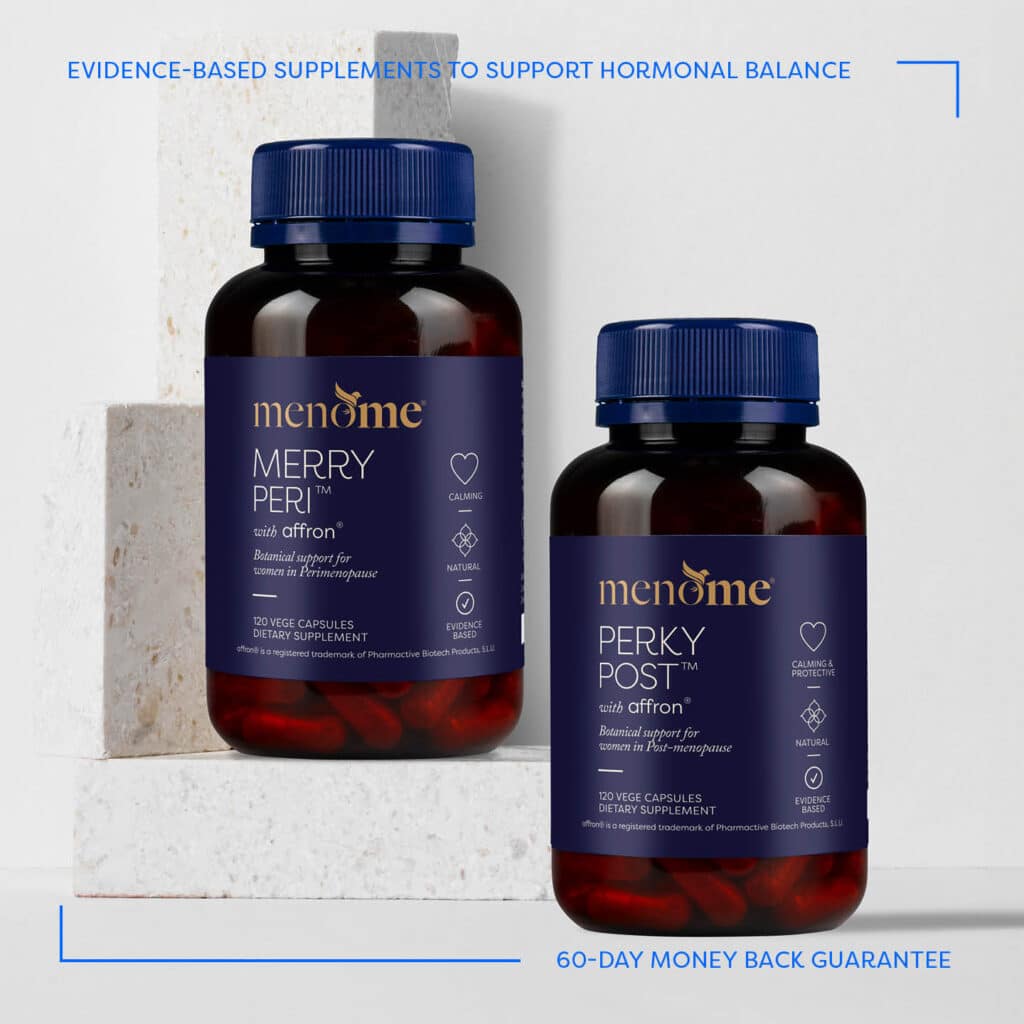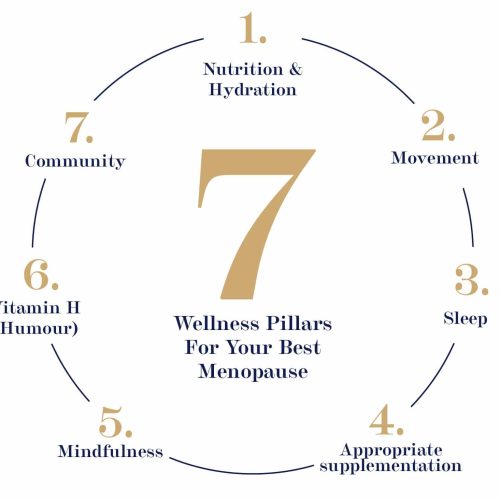Community.
Interaction.
Human to human contact.
Did you know these things are key to our health and happiness and how we go through life? In fact, women’s ageing researchers say it’s more important than nutrition and exercise!
Also – importantly for us – it’s vital to how we go through perimenopause, menopause and post-menopause.
Women in midlife need support, understanding and a sounding board.
It empowers us.
And it makes us feel like we’re not alone.
The Roseto Effect
When I was knee-deep in my integrative health coach training one of our lecturers was the inspiring Dr Lissa Rankin. She related the story of a town called Roseto in Pennsylvania where a group of Italian immigrants settled in the 1960s.
When a cardiologist happened by Roseto he was astounded by how healthy the population was and the extraordinarily low rate of heart disease. This was in spite of the fact that they all smoked unfiltered cigars and lived on a diet of stodgy pizza and pasta. Nor could they afford olive oil so they cooked in lard and drank large quantities of wine.
To cut a long story short researchers concluded it was because nobody in Roseto was ever lonely. They had no stress, the elderly were looked up to and everyone lived very close together.
None of the research included menopause symptoms specifically but we would imagine the results may have been positive also.
And that’s the power of community for your health and happiness.
Mindblowing right?
It’s one of the reasons we wrote our new eBook: Menopause Decoded: Because Hormones Need Translators. Perimenopause, Menopause & Post-Menopause Explained. To act as a support system for you and your wider community. (Click here to buy.)
It’s also why we do a happy dance when we see our numbers growing on Facebook and Instagram.
Social media isn’t everything but it’s such a great way to connect with people and share information. And as we’re on a mission to help women understand perimenopause, menopause and post-menopause it’s a perfect portal.
So do come and join us on YouTube as well and in our our private group on Facebook: 40+ Goddesses.
In Summary
The idea behind all of these and the beauty of working online is that you can connect with like-minded women. This gives us all a sense of community. And it empowers through evidence-based information.
It’s about sisterhood and women supporting women.
We founded MenoMe® to educate you about the how’s and why’s of perimenopause, menopause and post-menopause. We also share Merry Peri® and Perky Post® with you and how these natural capsules may help you with the physiological changes.
Sound good? We hope so. And if there’s anything specific you’d like us to cover please sing out.
Talk soon.










